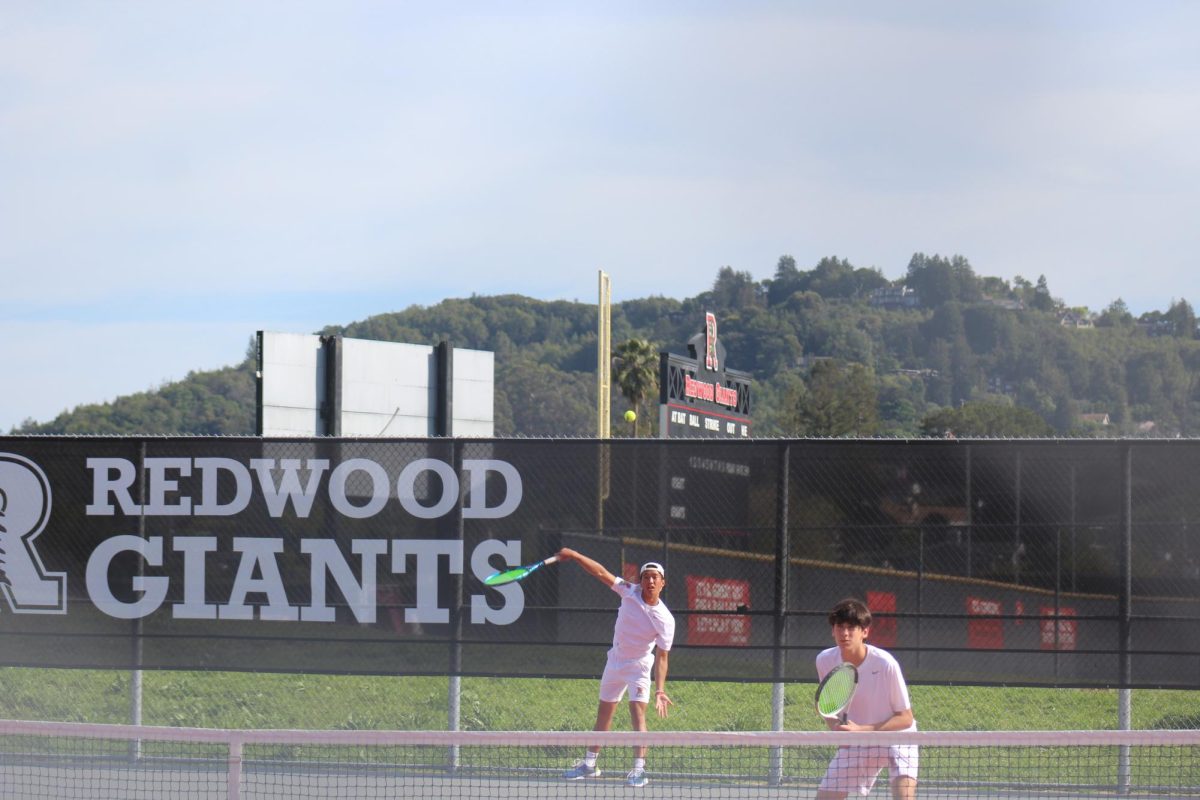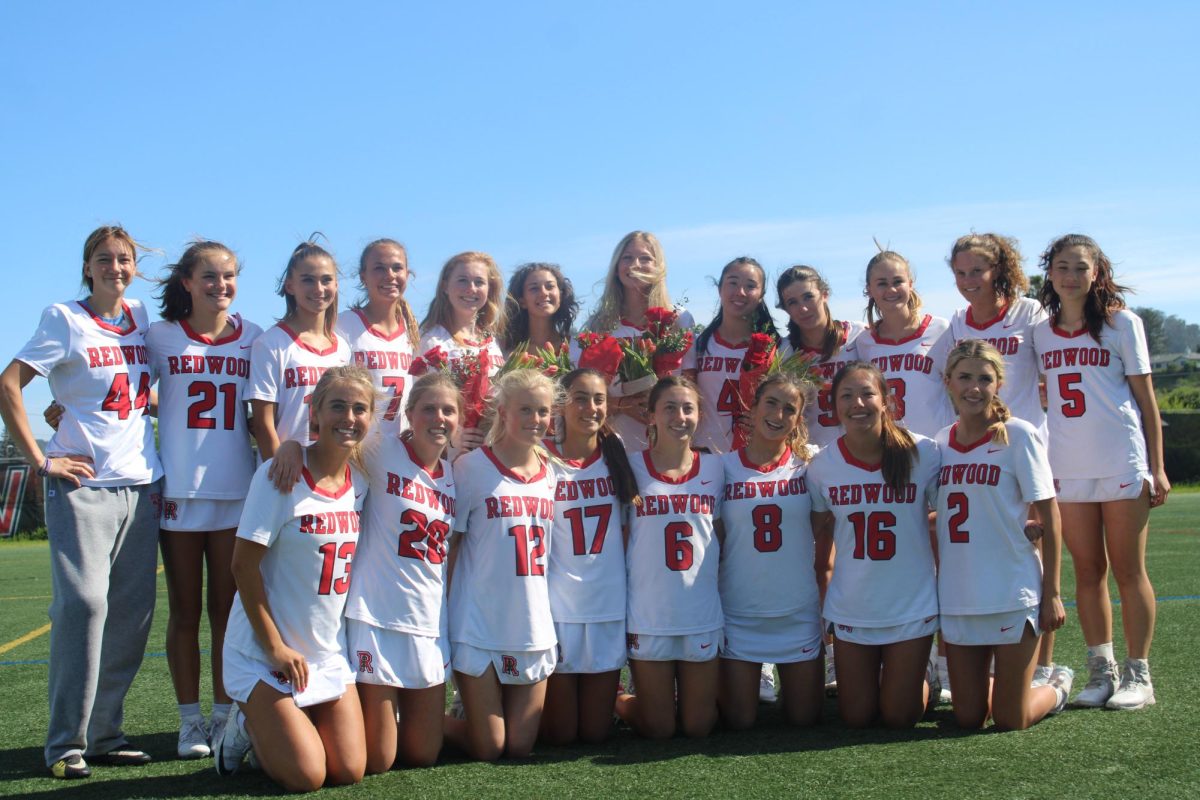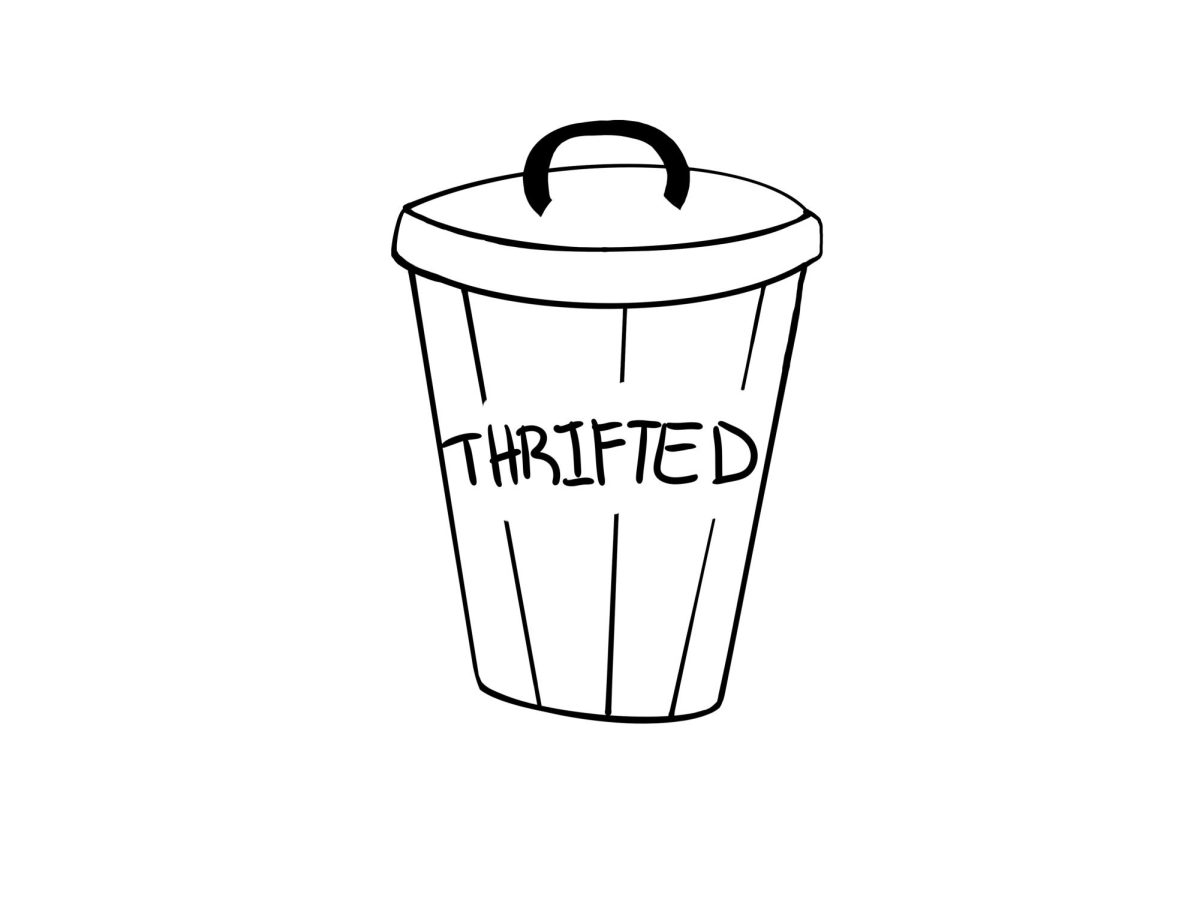On Feb. 11, Kanye West premiered both his third fashion collection as well as his new album, “The Life of Pablo,” at Madison Square Garden. In one of his new songs, he raps the lyric, “I think that me and Taylor might still have sex/Why? I made that b**** famous.”
The lyric is, of course, very misogynistic. Kanye is saying that Taylor Swift owes him sex in exchange for arguably propelling her to fame. He portrays her as no more than a sexual object, ignoring her talent and music.
While rap does include a lot of sexism in its lyrics, it only continues a theme that has existed in music for a very long time. Recognition of women in music has continued to be a problem, whether be the artist herself or female subjects in a song. It’s high time we made an effort to combat misogyny in music.

People condemn rap music for its rampant misogyny, but this “macho-man” trope with hyper-masculine lyrics exists in older music as well as other genres. However, people aren’t exactly swearing off bands like The Rolling Stones for songs like “Under My Thumb” (“The way she does just what she’s told/ Down to me, the change has come/She’s under my thumb”).
Punk, hardcore, and country are also known for their misogynistic lyrics.
For example, the punk band Descendants has a song called “Hope,” in which the singer recites the lyric “And I’ll have it my way/You won’t have to say anyway/Cause I’ve got you/You don’t stand a chance.” This is similar to “Under My Thumb” due to the fact that both male singers are expressing how much power they have over their female significant others.
While misogynistic lyrics are definitely an issue in today’s music (“Blurred Lines,” anyone?), it arguably always has been, and some of this could be attributed to the lack of women gaining recognition for creating music.
Female artists are definitely harder to find than their male counterparts in mainstream music. Last year, bands with female musicians made up 13.5 percent of the groups performing at the popular music festival Coachella, according to Slate Magazine.
Female characters in songs have also always been a shadow of sorts. The mysterious, flighty, “girl who broke my heart” has long been sung about in many genres. A girl’s personality is hardly ever acknowledged in a more significant way than her sex appeal or inflicted heartbreak.
Genres of music like rap and punk were created to challenge the status quo, but what are we supposed to do when songs take a more sexist and ignorant turn? At what point should we stop listening to artists that have changed the face of music just because some of their lyrics are misogynistic?
We shouldn’t be expected to turn away from these legendary, albeit misogynistic artists, and ignoring the problem obviously won’t make it go away. It’s 2016; it’s time for a change.
While it’s easy to recognize that this is an issue, there isn’t exactly one person or company to blame. There isn’t one band or musician who wrote the first misogynistic song ever, or single-handedly created sexism, so it would be unfair to single out bands or artists when there are many who contribute to this problem.
Sexism may be ingrained in the fabric of society, and for this reason, it’s not surprising that it’s seen in music. That being said, it doesn’t give musicians an excuse to degrade half the population, which is why musicians today have a responsibility to create an example. In doing so, they have a responsibility to create not only inclusive music but also inclusive scenes.
However, it’s not that simple. The degradation of women doesn’t just exist in music, but in the rest of the world, so this isn’t a small issue with a quick fix. It will take a long time, but we can start by criticizing lyrics like these. We can acknowledge the sexism of musicians that have come before us, and musicians that are currently making music. And most importantly, we can support female artists and all artists whose music recognizes women as more than romantic or sexual objects.
















